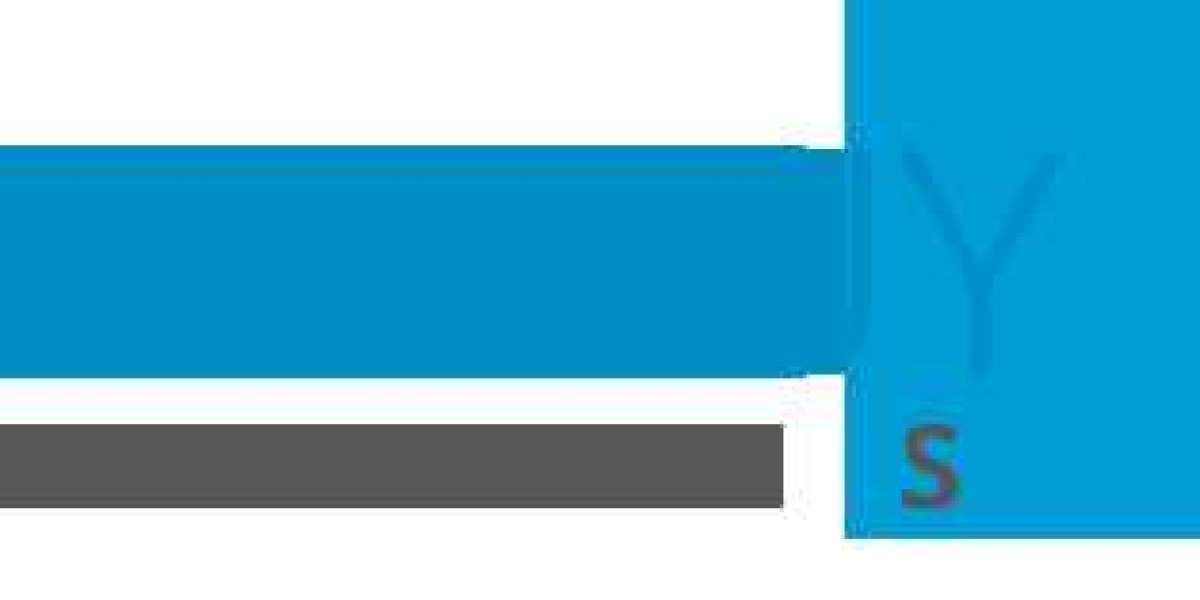While saving money is a healthy habit at any age, it is particularly important for older persons who are approaching retirement or who are living on a limited income. In the event that you begin to realize that you do not have as much money saved for retirement as you would want, it may be time to discover how to stretch your financial resources further.
With the average length of retirement being 18 years, it's critical to make every dollar count while planning for retirement. Adopting a more economical way of life can help you stretch your money further and live the life you desire. In this article, we'll take a deeper look at how to live frugally so that you can start saving right now!
What is Frugal Living and How Does It Work?
The ability to live frugally does not imply being cheap or denying yourself of the things you like doing. Instead, it entails prioritizing your expenditures and identifying opportunities to save. You may have a good time while still staying within your financial limits if you are thoughtful with your spending.
Everyone's definition of frugality is different. People come up with creative methods to save so that they can put money aside for retirement, while others cut spending in one aspect of their lives so that they may indulge in another. You may enjoy cooking and purchase high-quality goods from the grocery store, but you may believe that dressed in the latest fashion is overrated and so seldom update your wardrobe. Now, let's take a look at some of our best money-saving suggestions to get you started on your savings path.
Saving on Day-to-Day Living Expenses - Avoiding the "Big Bills"
Downsize
While retiring or having a "empty nest" are excellent opportunities to reevaluate your living situation, it is never too late to downsize to a smaller space. Consider what you want to achieve in your life right now. If so, is it the same thing you wished for when you were employed and raising children? It's possible that some individuals might be willing to sell their enormous home near the best schools for a little cottage by the beach, for instance.
It is possible to reduce your monthly expenses by a large amount, allowing you to use the extra money to do things you like or to pay off debt. Eventually, you may opt to forego yard maintenance and cleaning altogether and go to an independent living community.
Make a Meal Preparation Schedule.
Approximately $1,600 worth of produce is thrown away by the average family every year.
2 Meal planning may help you reduce your food waste, and it doesn't have to be a time-consuming endeavor. It simply entails planning ahead of time what you will eat for the week, buying for the supplies, then putting the meal together from scratch. A plan allows you to save money by utilizing materials in numerous recipes and by avoiding the expense of taking pricey takeout.
Take stock of what you currently have in your kitchen, select recipes that employ comparable components, and then create a shopping list for the items you need to buy. There is no shortage of meal planning blogs, websites, and apps to help you get started, no matter how many people you are cooking for or how long you have to prepare meals. You may even have meals and groceries delivered right to your house, saving you money on petrol and preventing you from adding any needless items to your cart when shopping!
Discounts on Prescriptions
Prescription savings cards, such as those offered by GoodRX and America's Pharmacy, function similarly to coupons for your medicines. Simply present your free discount card at the time of purchase to be eligible for any available discounts. You may check out the websites or applications of the firms to see what kind of bargains they are offering at different pharmacies. People without health insurance or seniors with restricted prescription coverage will find this to be a very beneficial alternative.
With the help of your GoodRx Discount Card
You can also see whether you are qualified for one of numerous savings programs that are meant to assist individuals who are unable to buy their medicines on their own.
Among the programs are:
Extra Assistance in Section D
Prescription Assistance Programs (State Programs) (SPAP)
Various Patient Assistance Programs (PAPs)
Programs for the Relief of Drug Addiction
Utilities can be saved.
Make sure to inquire with your utility supplier about any discounts that you may be entitled for based on your age and financial status. Many utilities provide discounts or fee waivers to individuals who are above a particular age, but you will almost certainly need to sign up for the program in order to qualify. You may also save money on utilities by being aware of how much you are using. Here are a few suggestions to help you keep your power expenditures under control:
Reduce the amount of money you spend on power.
When you aren't in the room, turn off all of the lights.
Take, for example, energy-efficient light bulbs.
Purchase a smart thermostat and limit your use of the heat or air conditioning to off-peak hours exclusively.
When appliances are not in use, unplug them.
Using dryer balls or hanging your clothing to dry will help you save time and money on your laundry chores.
Conserve water and reduce your water cost.
While you're brushing your teeth, turn off the bathroom sink.
Rather than filling the kitchen sink and letting the water running the entire time, fill it halfway, stopper it, and switch off the faucet while doing dishes.
Rather of washing dishes by hand, if you have a dishwasher, put them in it instead.
Check for leaking sinks or toilets and have them repaired as soon as possible.
Showerheads and faucets with reduced flow rates should be purchased.
Financial Intelligence - Taking Charge of Your Financial Situation
Payments Made Using Automated Systems
Set up automatic payments for your credit cards and bills to prevent having to pay late fees and penalties. Late payments can result in expensive fines as well as damage to your credit and an increase in your interest rate. Providing you have sufficient cash in your bank account on a regular basis, automatic payments can help ensure you don't lose money simply because you forgot about a payment. Make certain that you continue to evaluate such payments on a regular basis.
Make Sense of Credit Card Reward Programs
If you have good credit, it may be time to consider getting rid of credit cards that charge fees if they aren't providing you with enough benefits. There are a plethora of credit card alternatives available that do not require you to pay an annual fee. Many credit cards provide considerable advantages such as travel points that may be redeemed in lieu of cash or payback on purchases such as petrol, groceries, and other necessities.
Create a spending plan and visualize how much money you will spend.
Knowing where your money is going is critical to being thrifty because it allows you to identify areas where you can cut back. An app or website like as Mint produces simple images that show you how much money you are spending on things like dining, entertainment, healthcare, grocery, and other necessities. Is there a particular category that has seen an increase recently? Tracking your expenditure is essential for becoming more thoughtful in your decision-making about where your hard-earned money is spent.
As soon as you have a clear picture of what you are spending today, you can construct a budget to keep you on target. Plan your financial objectives and be pleased with yourself when you achieve them!
Refinance
In the first quarter of 2021, interest rates are at record lows. If you are still making payments on your mortgage, it is worthwhile to see how much money you may save by refinancing. If you have any questions, contact your local bank or mortgage professional, and don't be afraid to shop around for the lowest rates.



